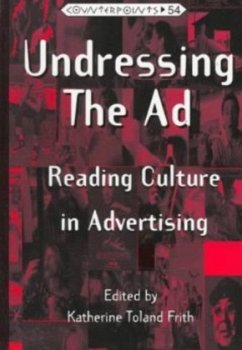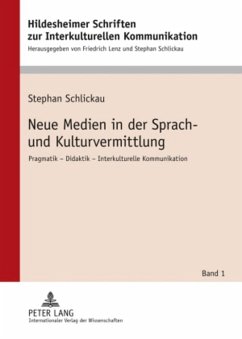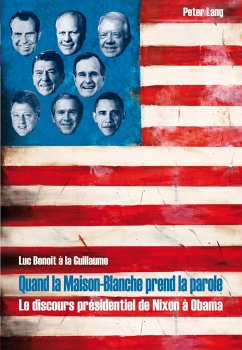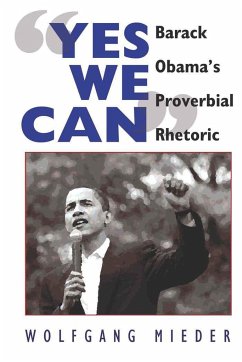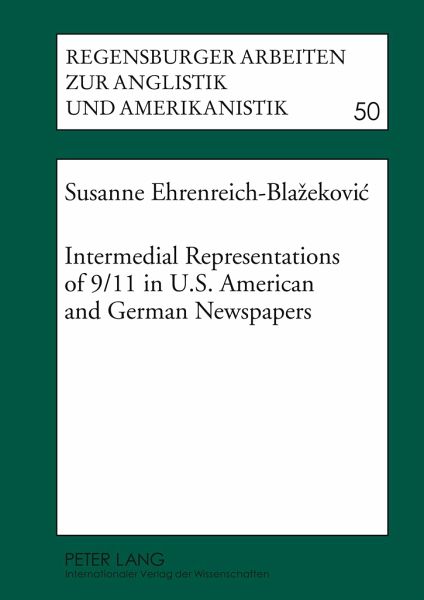
Intermedial Representations of 9/11 in U.S. American and German Newspapers
Versandkostenfrei!
Versandfertig in 6-10 Tagen
128,20 €
inkl. MwSt.

PAYBACK Punkte
0 °P sammeln!
For many weeks, the terrorist attacks of 9/11 dominated the newspapers which covered the consequences with an unprecedented immediateness. This study looks at diverging representations of 9/11 in U.S. and German newspapers ( New York Times, Washington Post, Frankfurter Allgemeine Zeitung, Süddeutsche Zeitung ) and explores effects on its possible readerships. The impact of the attacks, forms of heroism, the enactment of leadership, various demonstrations of patriotism and grief as well as the textual and visual presentation of the attacks are analyzed in detail. These intermedial representati...
For many weeks, the terrorist attacks of 9/11 dominated the newspapers which covered the consequences with an unprecedented immediateness. This study looks at diverging representations of 9/11 in U.S. and German newspapers ( New York Times, Washington Post, Frankfurter Allgemeine Zeitung, Süddeutsche Zeitung ) and explores effects on its possible readerships. The impact of the attacks, forms of heroism, the enactment of leadership, various demonstrations of patriotism and grief as well as the textual and visual presentation of the attacks are analyzed in detail. These intermedial representations reaffirm or contest U.S. American grand narratives. While the German newspapers tend to focus on information and analysis, the U.S. papers tend to strengthen shattered U.S. American identity constructions. The study is based on nearly 2,000 newspaper articles and documents the wide scope of topics prevalent in the post-9/11 newspaper coverage.





